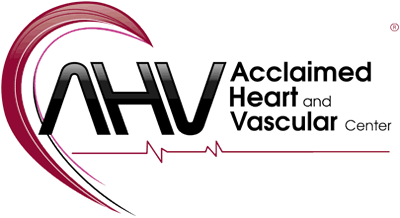Causes
Coronary heart disease caused by a buildup of plaque along the walls of your arteries is the primary cause of unstable angina. The plaque causes your arteries to narrow and become rigid. This constricts blood flow to your heart muscle. When the heart muscle doesn’t have enough blood and oxygen, you feel chest pain.
Risk Factors
- Diabetes
- Obesity
- Family history of heart disease
- High blood pressure
- High low-density lipoprotein (LDL) cholesterol
- Low high-density lipoprotein (HDL) cholesterol
- Tobacco use
- Lack of exercise

Acclaimed Heart and Vascular Center
We deliver excellent care with compassion after discussing your health and treatment plan with simplicity.
Symptoms
The main symptom of angina is chest discomfort or pain, but this sensation can vary depending on the person. Unstable angina sometimes causes sensations that feel as if you’re having a heart attack.
- Squeezing or sharp chest pains
- Pain that radiates to your extremities or back
- Nausea
- Anxiety
- Sweating
- Shortness of breath
- Dizziness
- Unexplained fatigue
If you experience any of the above symptoms, please contact Dr. Shahzad or call 911 immediately!
DISCLAIMER: THIS WEBSITE DOES NOT PROVIDE MEDICAL ADVICE
The information, including but not limited to, text, graphics, images and other material contained on this website are for informational purposes only. The purpose of this website is to promote broad consumer understanding and knowledge of various health topics. It is not intended to be a substitute for professional medical advice, diagnosis or treatment. Always seek the advice of your physician or other qualified health care provider with any questions you may have regarding a medical condition or treatment and before undertaking a new health care regimen, and never disregard professional medical advice or delay in seeking it because of something you have read on this website.

